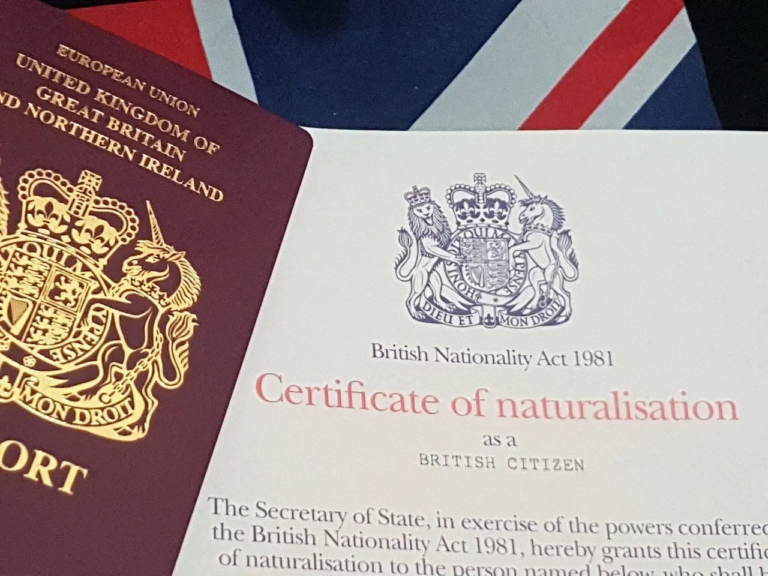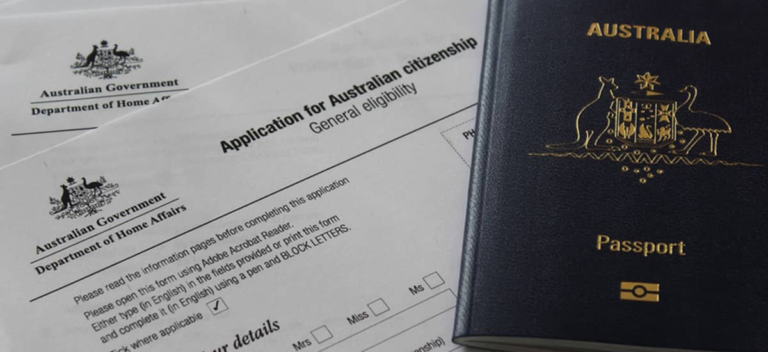Becoming Canadian Citizen through marriage
For many, dreams of Canadian citizenship are woven into the very fabric of their romance with a Canadian partner. This article intends sheds light on the path to Canadian citizenship through marriage, dispelling myths, outlining timelines, and guiding you through the key steps involved.
Here is the myth busting part – the truth is that Marriage Doesn’t Grant Instant Citizenship
The first and most crucial point is the wrong thinking that marrying a Canadian automatically grants you citizenship. While your Canadian spouse is a wonderful bonus, citizenship requires a dedicated process, just like for any other person who wants to become a Canadian too.
Understanding what is available Spouses, Common-Law Partners, and Conjugal Partners
Canadian immigration recognizes different types of relationships beyond just legal marriage. To navigate the citizenship journey, it’s essential to understand which category you fall under:
Spouse: This applies to those legally and civilly married in Canada or abroad, with the marriage recognized under both Canadian and the country of marriage’s laws.
Common-Law Partner: If you haven’t married but have cohabited in a conjugal relationship for at least 12 months, you may be considered common-law partners (CLPs). This partnership must demonstrate genuine commitment and interdependence, not just cohabitation.
Conjugal Partner: This category, primarily for same-sex couples, applies if you haven’t lived together for 12 months due to legal restrictions or other valid reasons. However, you must demonstrate a significant ongoing relationship for at least one year.
Now to the meaty part of Sponsoring Your Partner.
The first major step on the path to citizenship is spousal sponsorship. As the Canadian citizen, you act as the sponsor, undertaking financial responsibility for your partner’s basic needs for three years after they become a permanent resident. Here’s a breakdown of the key phases so please take notes.
Eligibility & Documents: Both you and your partner must meet specific eligibility criteria and gather extensive documentation outlining your relationship, financial stability, and intention to live together in Canada.
Application & Fees: The sponsorship application involves extensive forms, fees, and supporting evidence. Immigration, Refugees and Citizenship Canada (IRCC) provides detailed guides and checklists to ensure accuracy and completeness.
Processing & Medicals: Expect a processing timeline of 12-24 months, potentially longer depending on individual circumstances. Medical examinations and security checks are mandatory for both parties.
Landing & Permanent Residency: Upon approval, your partner lands in Canada and receives their Permanent Resident (PR) card, granting them the right to live and work here.
From permanent residency to Citizenship
Becoming a permanent resident doesn’t automagically make you become a citizen. After two years of physical presence in Canada as a PR, you can finally apply for citizenship. Here’s what you need to achieve:
Physical Presence: You must demonstrate two additional years of physical presence in Canada within the five years preceding your application.
Tax Filing: Filing tax returns for at least three years within the same five-year period proves financial stability and integration into Canadian society.
Language Requirement: You need to meet the minimum threshold in an English or French language test based on your chosen method (written or oral).
Knowledge of Canada: A citizenship test assesses your understanding of Canadian history, values, and governance.
So there you have it, a detailed path on getting citizenship. We hope this as be as informative as we hoped.

